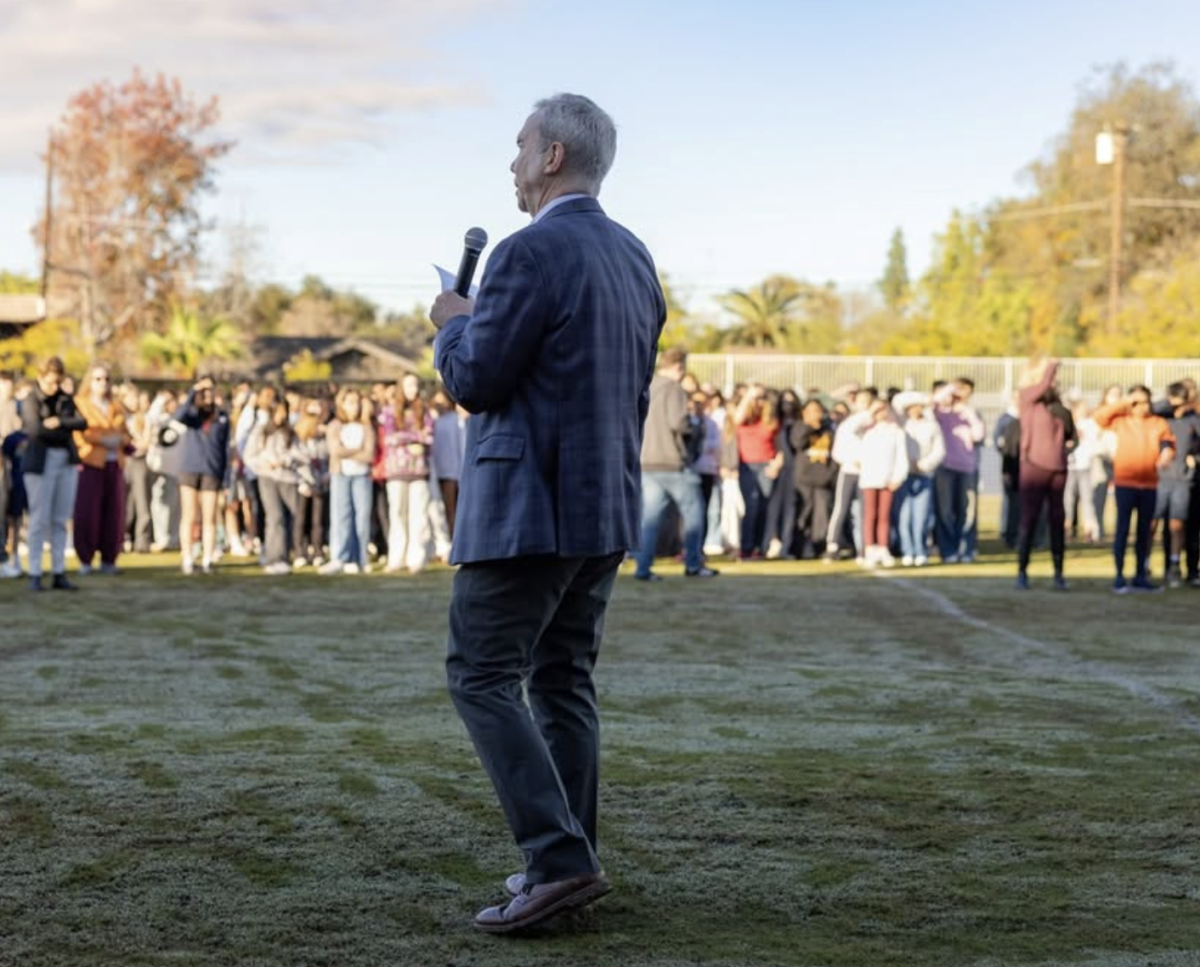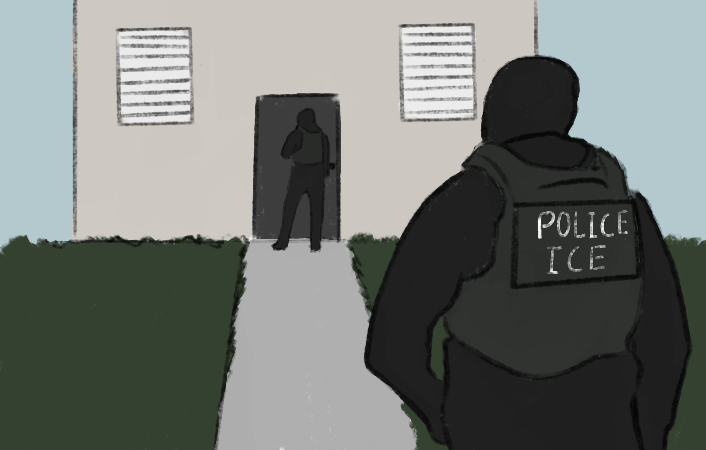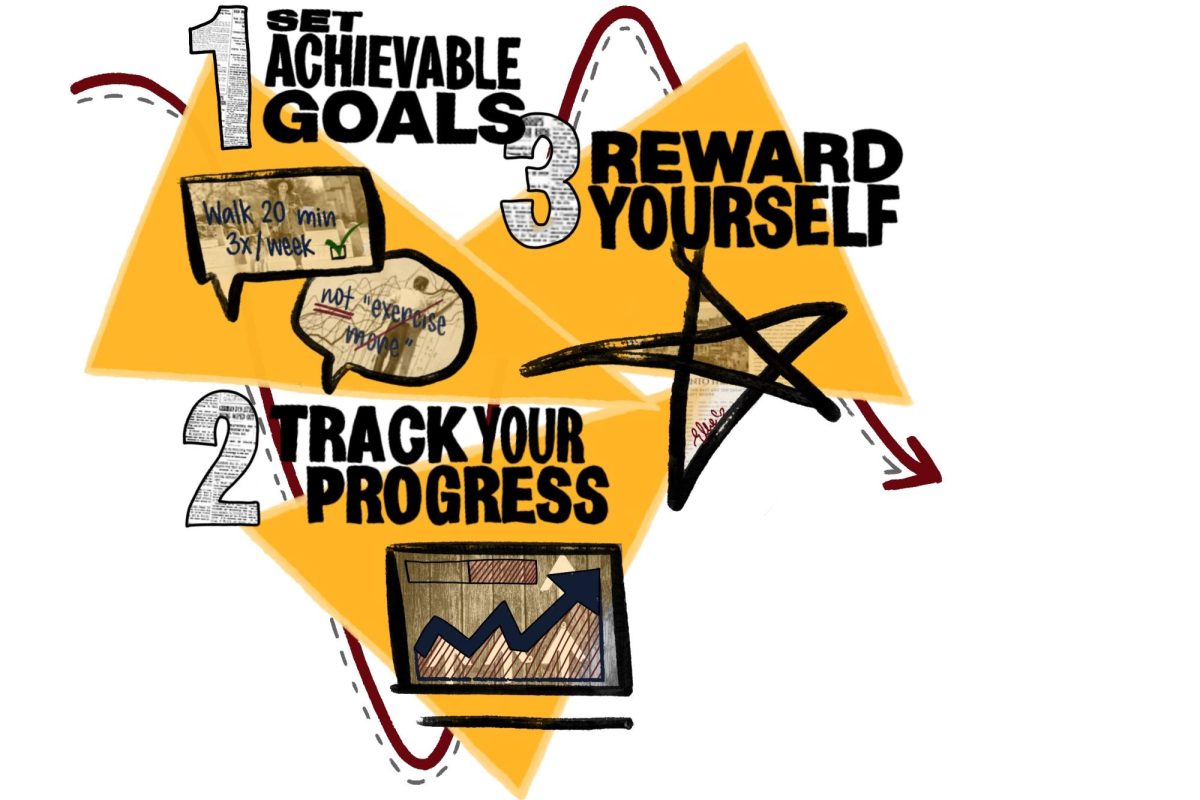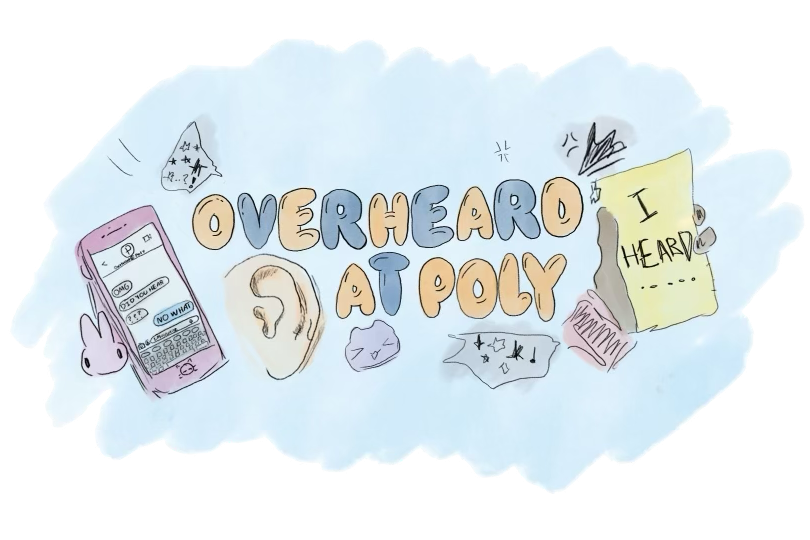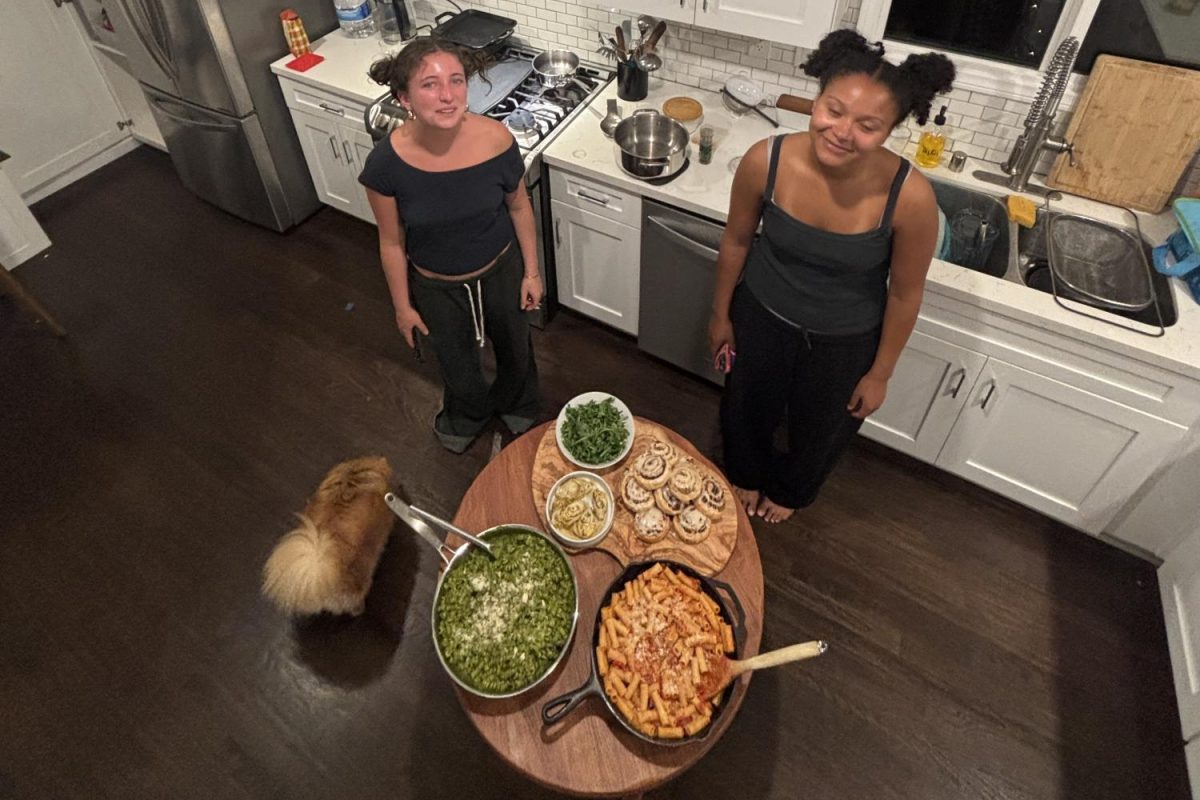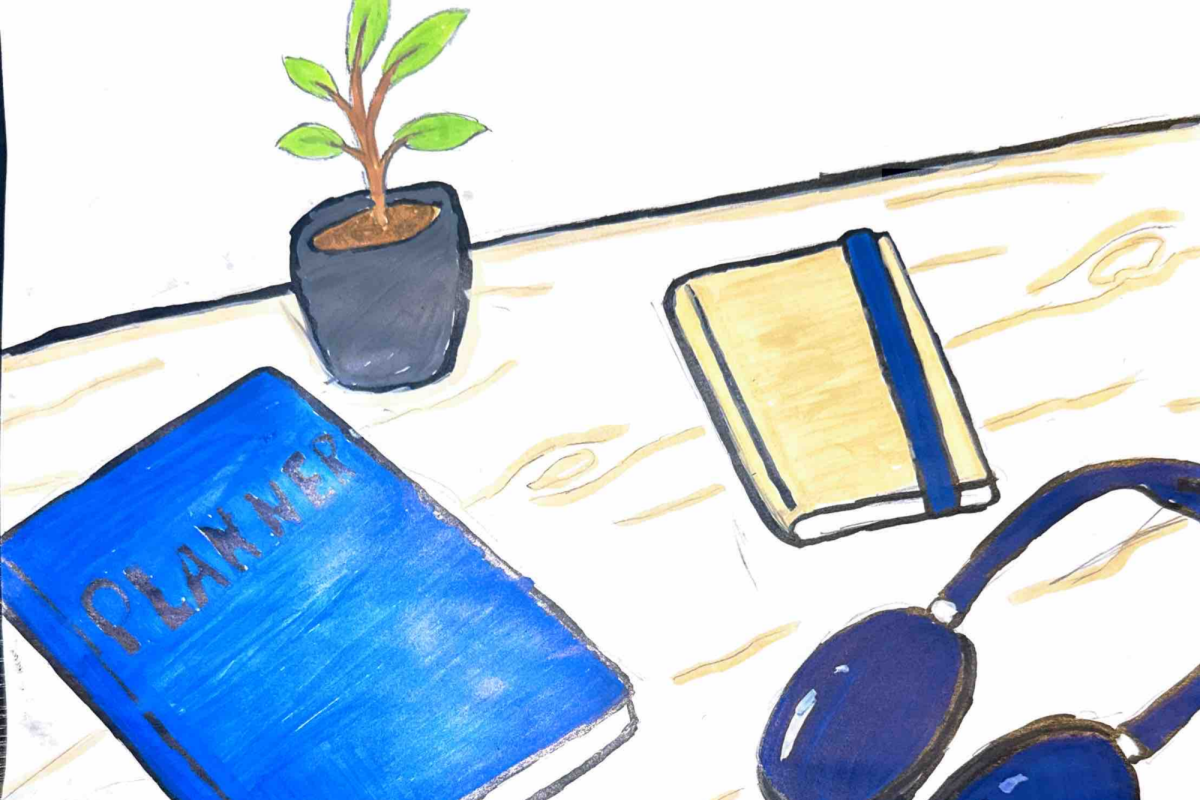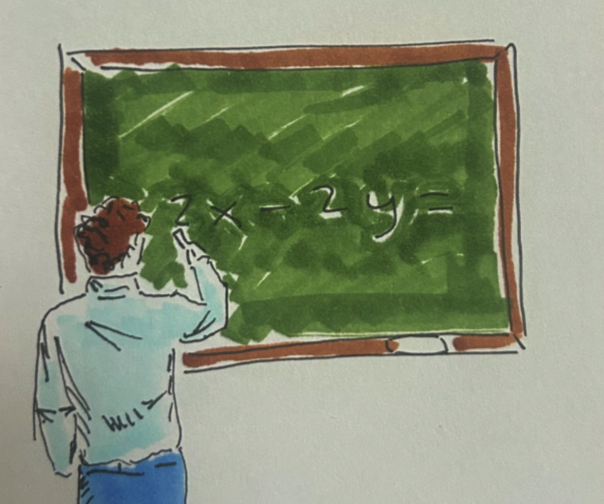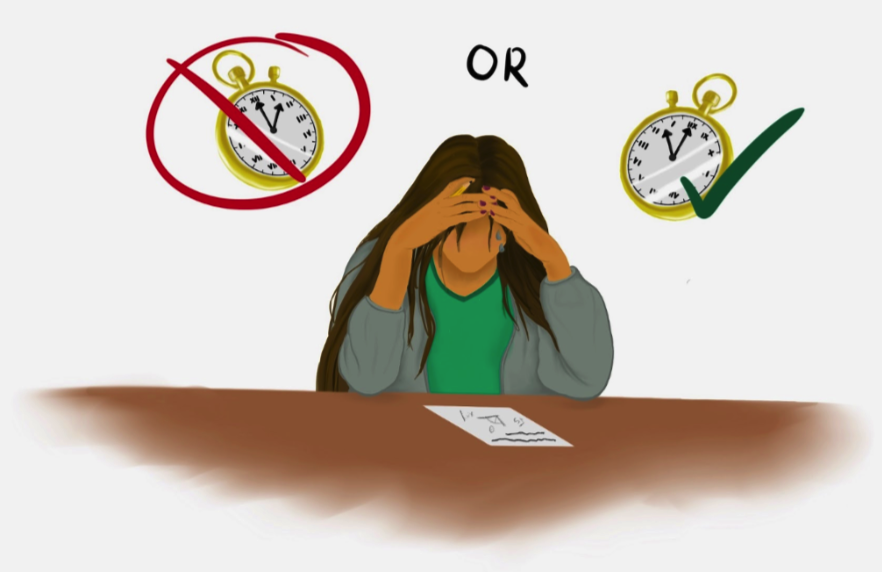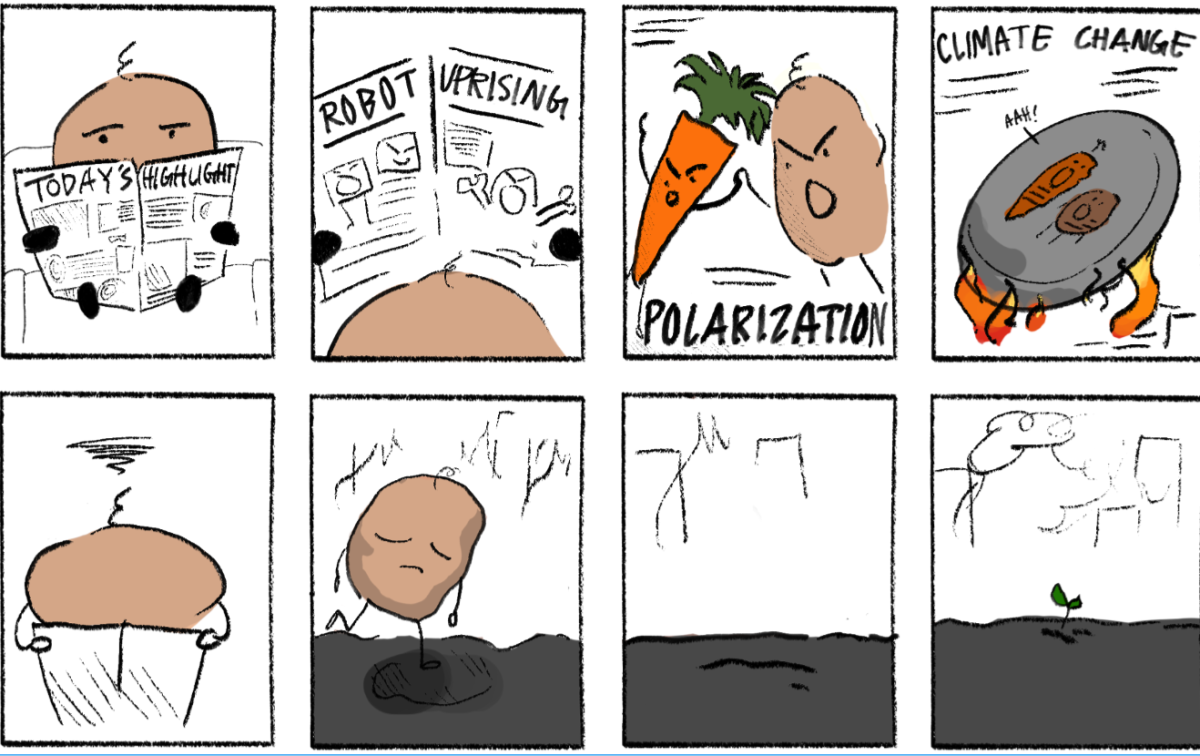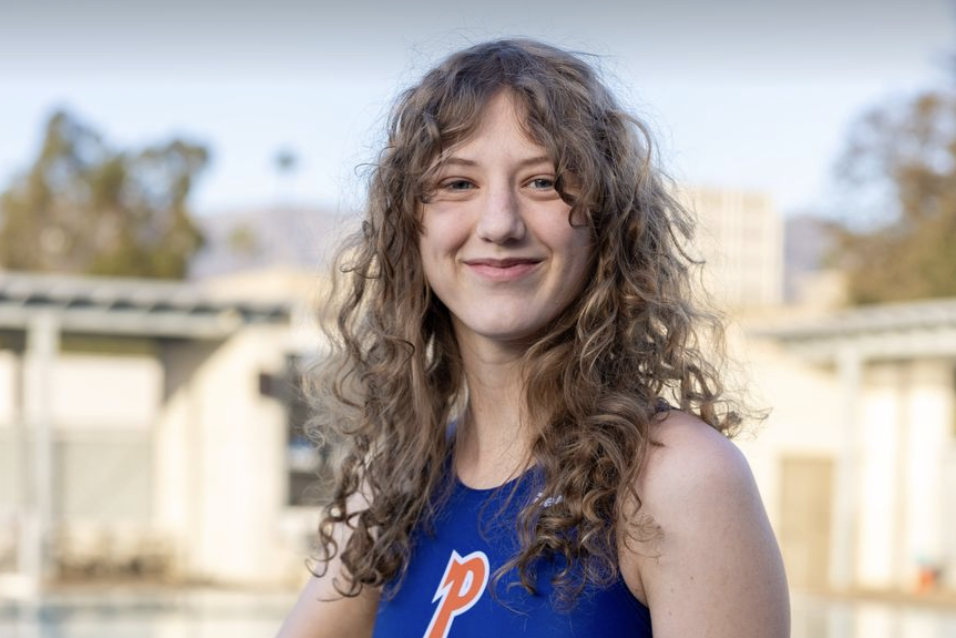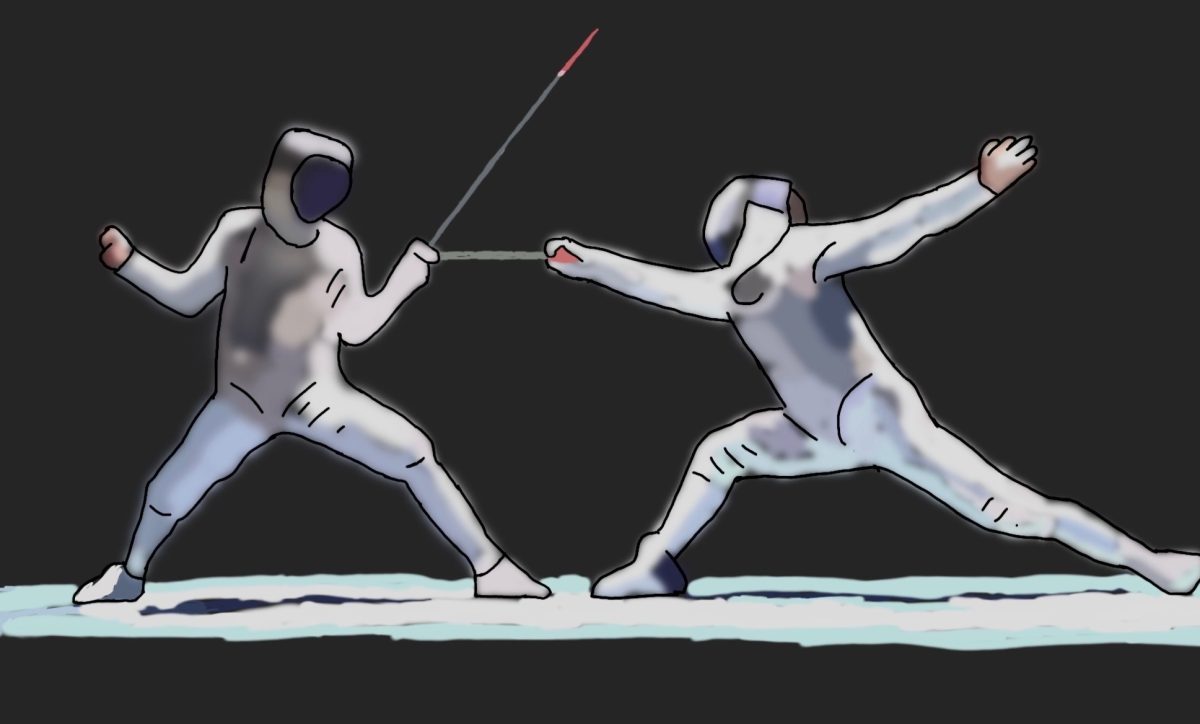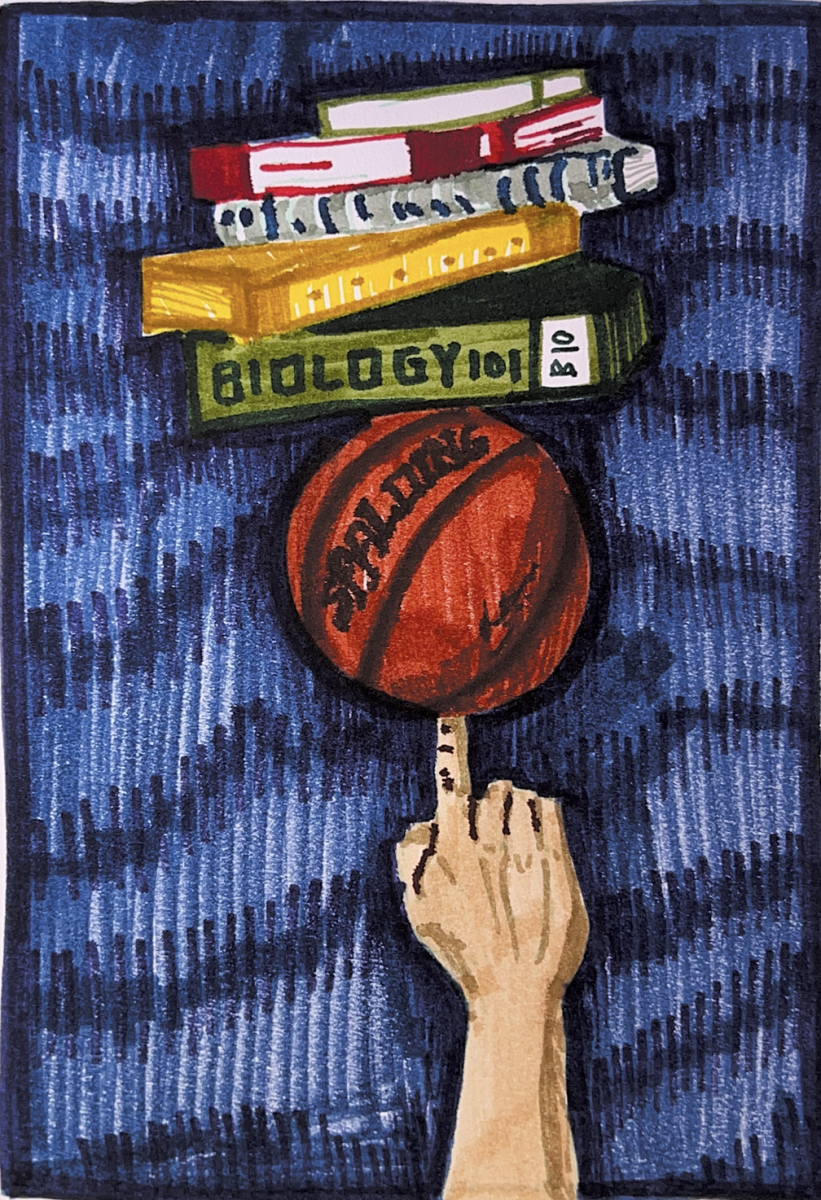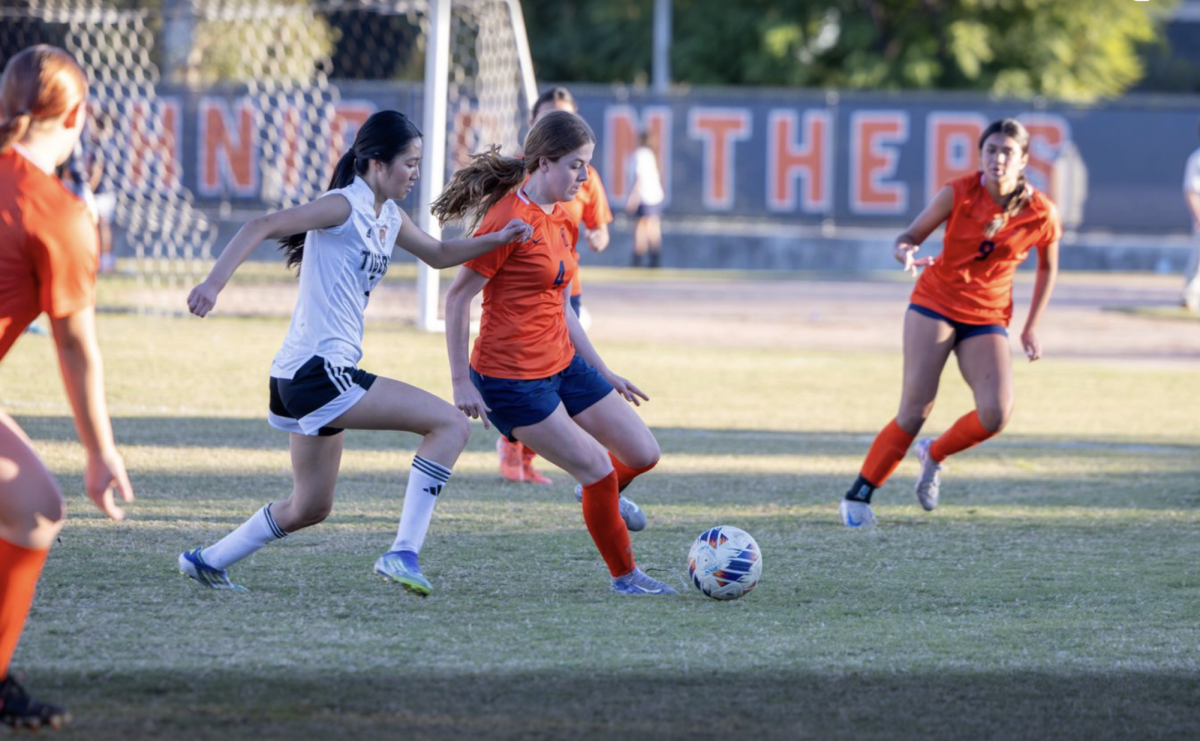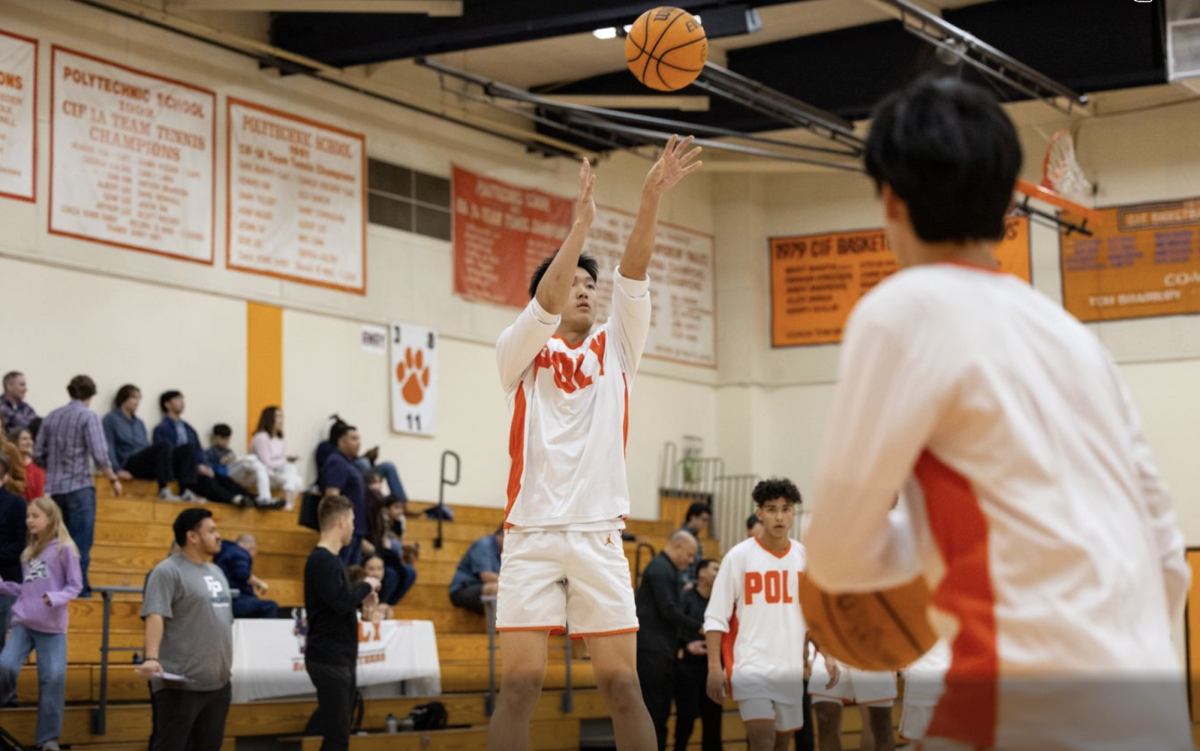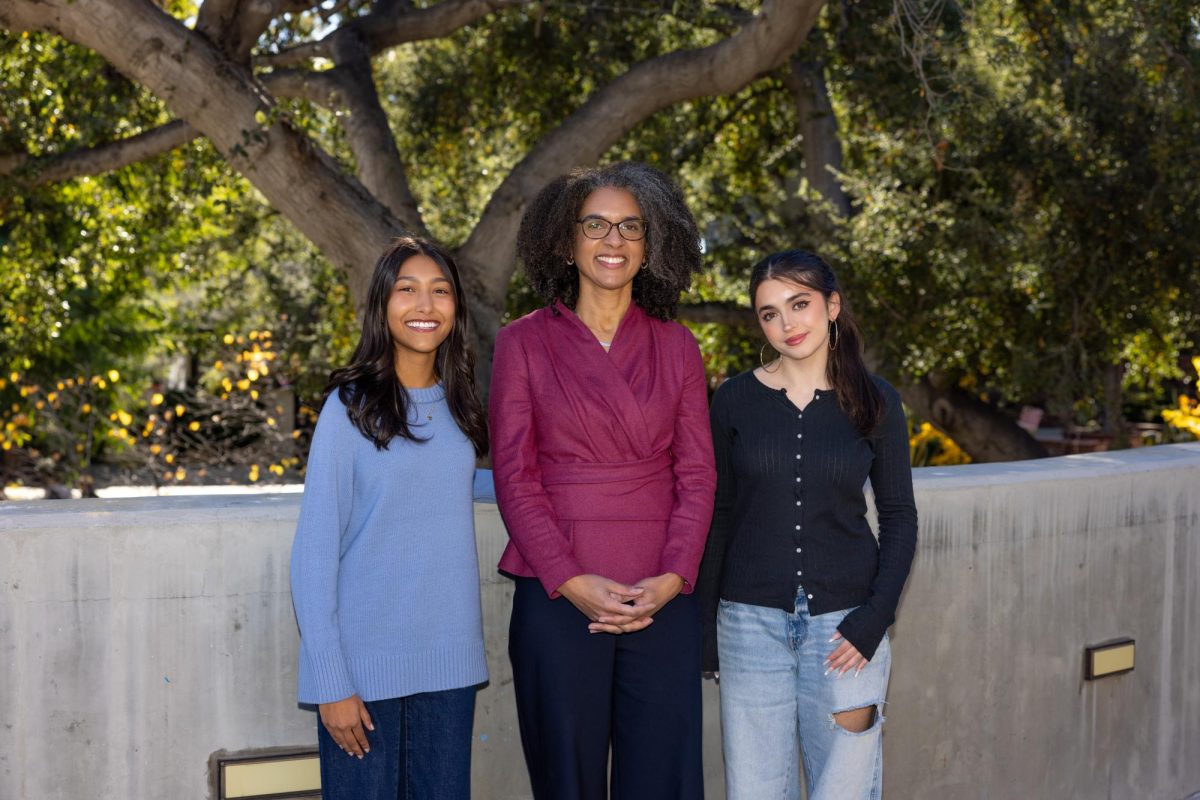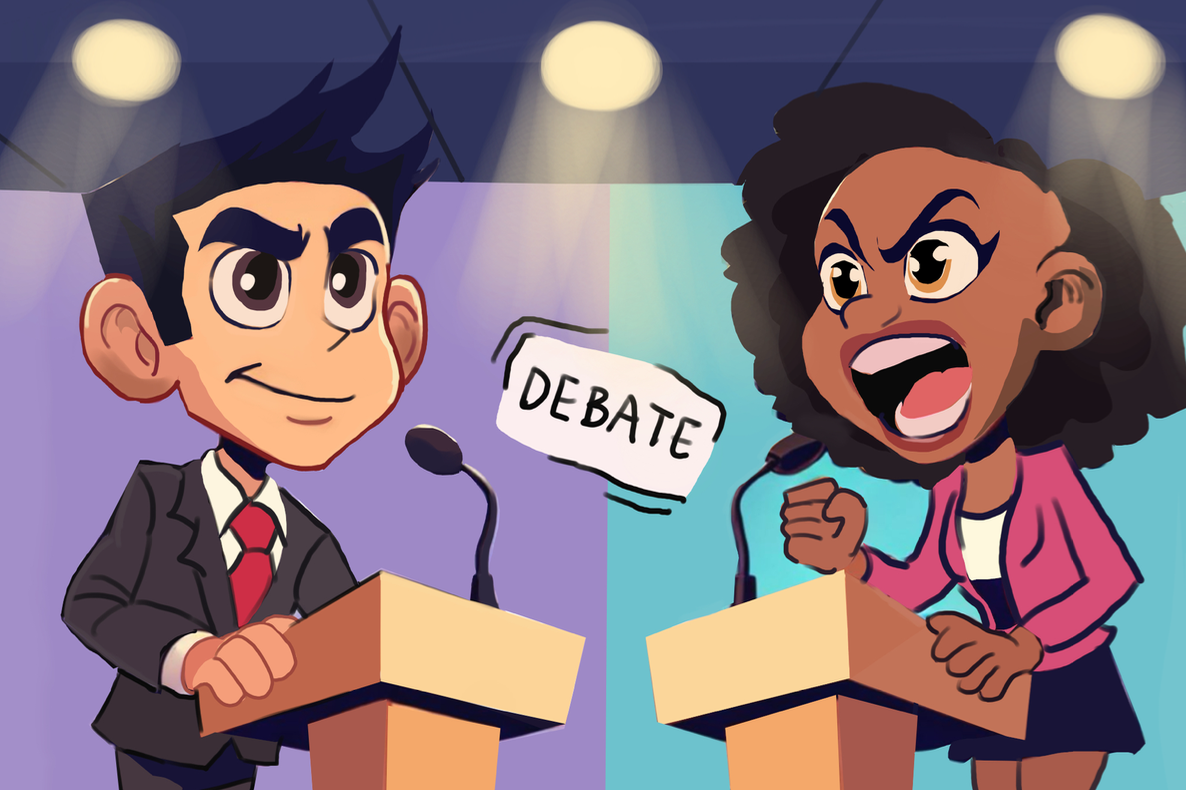According to the National Society Anxiety Center, more people fear public speaking than spiders, heights or even death. Similarly, Forbes Magazine reported that nearly 75% of the entire population fear public speaking more than anything. Despite how daunting public speaking may appear, there is a simple solution: debate. Students often believe that joining debate will augment their fears, but it actually achieves the opposite: debate allows teenagers to work through their fears of public speaking and even master the strategies needed to become persuasive speakers.
Learning speaking skills is necessary for students to do well in the future; activities like debate that increase one’s confidence and familiarity with expressing opinions will allow them to thrive in the workplace as they grow older. Politicians, television reporters, business leaders and many other professionals have one thing in common: they have mastered the art of public speaking. From former President Barack Obama to poet Amanda Gordon to British broadcaster David Attenborough, many accomplished people in various fields have excelled because of their ability to speak eloquently and persuade others.
According to the Stanford National Forensic Institute, debate is proven to improve not only speaking skills but also research and time management skills. Developing an effective study schedule and creating good study habits early on in high school is very helpful for students to succeed. Debaters spend lots of time learning how to research and find reliable evidence to effectively communicate and support their arguments. It also helps with filtering out misinformation which is vital for students to learn. Over the years, debate forms healthy research habits that are useful in any stage of one’s life, such as weeding out misinformation in news articles or extracting credible sources for research papers.
Freshman Ariana Hosseini, a World Schools debater, shared, “Debate has allowed me to categorize my research and know which websites to use to get good information for school projects.”
Encouraging students to join debate at Poly will also broaden their opportunities beyond the activity itself. Poly attends around 12-14 tournaments every year, giving students the chance to tour college campuses like UC Berkeley, explore new cities, and meet new people.
Poly’s World Schools Debate Coach Michael Murray said, “I would like to bring the team to more international tournaments so that they can gain more global consciousness.”
The frequency of debate tournaments gives students the flexibility to participate in accordance with their other extracurriculars as well as build strong relationships with faculty, coaches, teammates and other high schoolers. The weekly practices allow students to debate, research and participate in team bonding activities that infiltrate different grades and bring the community together.
Many students fear that debate may detract from sports or other after-school commitments, but that is hardly the case. Practices are deliberately scheduled in the evening so that students can participate after sports practices and other afternoon extracurriculars.
Participation in the Poly debate team also opens up doors for significant experiences and other extracurriculars such as a current organization at Poly called The Speech Collective, which allows students interested in public speaking to teach children games and skills to help them build confidence.
Many students may not realize that debate also caters to various skill sets and speaking abilities. For example, students who prefer detailed research usually gravitate towards Policy Debate, a style where debaters hone in on a single topic for the entire season. On the other hand, students who enjoy rebutting arguments in the moment may lean towards the World Schools Debate format, which is similar to the Parliamentary format that many Poly students tried in Middle School. Policy Debate focuses on one current issue over the course of the whole school year; this allows students to really educate themselves on the topic and become experts in the understanding of it. World Schools debate focuses its attention on hundreds of topics over the year that affect all different countries in the world. This gives students the opportunity to gain knowledge in many topics that can be beneficial in and out of school.
Ultimately, speech and debate is a unique activity that is easy to learn and will help students in many ways in whichever career they end up pursuing. Having the ability to respectfully discuss, argue and compromise with different personalities not only helps teenagers overcome the fear of public speaking but also cultivates interpersonal skills that will benefit their future lives in innumerable ways.

